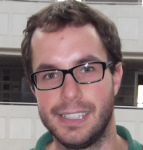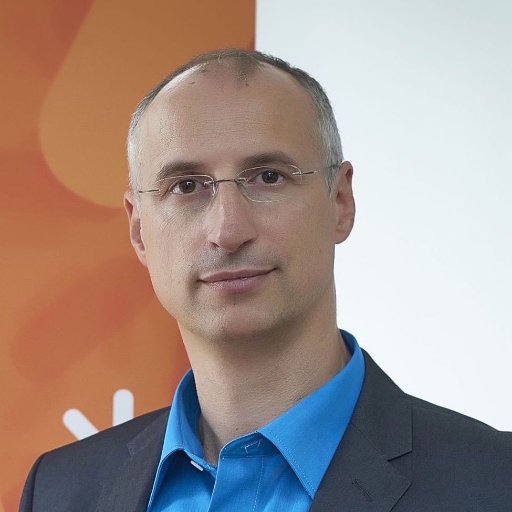 Andrzej Nowak | TIK Services, Switzerland
Andrzej Nowak | TIK Services, Switzerland
Andrzej Nowak runs TIK Services, a technology and innovation consultancy based in Geneva, Switzerland. In the past two years, he co-founded and sold an award-winning Fintech start-up focused on peer-to-peer lending. Earlier, Andrzej worked at Intel and in the CERN openlab - a collaboration of CERN and industrial partners such as HP, Huawei, Intel, Oracle and Siemens. In the openlab, Andrzej was part of the CTO office, which set up next-generation technology projects for CERN. A second part of his job was to research optimization opportunities for complex code: performance tuning, parallelism and the usage of modern many-core processor architectures.
Andrzej co-founded a computing course series, including the thematic CSC, that trained over 1,500 participants both within and outside of CERN.
 Danilo Piparo | CERN
Danilo Piparo | CERN
Danilo is an experimental HEP physicist. As a member of the CMS collaboration, he graduated in 2007 but already during his studies he worked for the CERN IT department. He obtained his PhD at the Karlsruhe Institute of Technology in 2010 to then immediately join CERN as responsible of many software operations of the CMS experiment. The high performance and parallel software expert of the CERN Software group, he joined the ROOT team in 2013. His main responsibility is the I/O subsystem but he is actively involved in the development and support of reflection and mathematical libraries.
 Sebastien Ponce | CERN
Sebastien Ponce | CERN
Sebastien Ponce is a member of the EP department at CERN where he works on the LHCb software framework. He is the leader of the LHCb software upgrade targeting the LHCb run 3 and aiming at parallelizing, vectorizing and in general optimizing the LHCb code. He has previously spent 10 years in the CERN IT department, working on Mass Storage solutions as the lead developer of the CERN Advanced Storage Manager (CASTOR), the software holding all CERN's physics data (> 150PB). He has obtained a PhD thesis at EPFL, working on parallelization of the LHCb computing software framework. He originally graduated as an engineer in the Ecole Nationale Superieure des Telecoms in Paris and before that as an engineer from the Ecole Polytechnique Paris.
 Ivica Puljak | University of Split, Croatia
Ivica Puljak | University of Split, Croatia
Ivica Puljak is Professor of physics at University of Split, Faculty of electrical engineering, mechanical engineering and naval architecture (FESB). He obtained PhD from University Pierre and Maire Curie in Paris in 2000, while working at Laboratory Leprince Ringuet (LLR) at Ecole polytechnique, Palaiseau. He was head of Department of mathematics and physics, head of Chair of physics and Vice-Dean for Science and Informatics at FESB, member of Board of governors of Institute Rudjer Boskovic in Zagreb and has been awarded with several national and international prizes for science and education. In 2011/2012 he was research associate at CERN and in 2016/2017 distinguished visiting professor at Ecole polytechnique, Palaiseau, France.
He is a member of CMS collaboration since 1994 and MAGIC collaboration since 2009. His research interests are construction of the electromagnetic calorimeter of the CMS detector, physics of the Higgs boson and astroparticle physics.